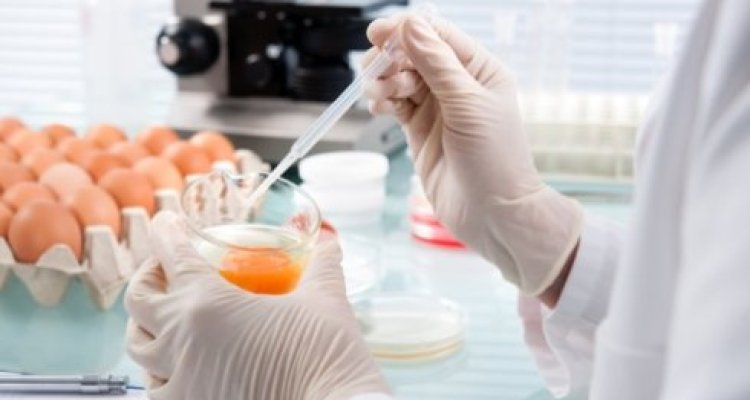
Online
Enzymology for Food and Biorefinery: Carbohydrases and Kinetics
Are you a professional in the food industry and do you want to strengthen your expertise and knowledge about enzymatic processes for food production or biorefinery?
In this online master's course we will study carbohydrases and the kinetics of these enzymes. Since this online course is part-time, you will be able to combine study and work and enhance your career.
Registration deadline: 15 September 2025
Please note that the dates for the academic year of 2025-2026 are yet to
be confirmed, so they might still change.
Target audience
To be able to participate in the course, you are expected to have at least a BSc level of education in Food Science and Technology or a related field, such as Chemical Engineering or Biotechnology.
The language of instruction of this course is in English. Admission to the course requires a level of English as described at the webpage linked in the right-hand column.
Learning outcomes
After successful completion of this programme, you will be able to:
- Understand the mode of action of different classes of hydrolytic and oxidative carbohydrate degrading enzymes.
- Understand 3D-structures of enzymes via a digital case study and internet databases.
- Predict the course of an enzymatic process by kinetic calculations.
- Design, evaluate and understand how to perform experiments with enzymes.
Programme
The online master's course Enzymology for Food and Biorefinery - Carbohydrases & Kinetics builds on the enzymatic aspects of starch and plant carbohydrate (e.g. cellulose, xylan, pectin) degradation. The focus will be on the mode-of-action of various glycoside hydrolases and non-hydrolytic cellulose cleaving enzymes, including the importance of 3D-structures. Examples of these enzymes in food and biorefinery processes are given. The catalytic mechanism, structure-function relations, mode of action under changing conditions, as well as enzyme kinetics will be extensively dealt with.
The online master's course consists of knowledge clips, textual explanations and animations, including exercises with feedback. Furthermore it includes a case study to learn to understand 3D-structures of enzymes and a lab simulation case on amylases including report writing. Information will be made available via Brightspace. A handbook for additional background reading, but not necessary to buy: Handbook of Food Enzymology (2003), Whitaker et al. (Ed), Marcel Dekker Inc, New York, US.
Combining courses
When you want to learn more about food biotechnology and processing, other courses are interesting for you too. You can deepen your knowledge in a specific career field without completing a Master's programme. You can register for any combination, but please consider our suggestions in the right-hand column.
Examination
Participation in the remote proctored exam is optional. If you decide not to participate in the exam, you do not qualify for a certificate and/or micro-credentials. The exam is included in the course price. The date of examination is 23 or 24 October 2025.
Certification
Upon successful completion, a digital micro-credentials certificate (EduBadge) with 3 study credits (ECTS) is issued. The EduBadge certifies the learning outcomes of short-term learning experiences, marking the quality of a course.
Coordinated by
Register
Join this course now.
Capstone project
After completion of two or more online master's courses there is a unique opportunity to apply what you have learned. You can start a capstone project in consultation with a Wageningen expert in the field. It is a tailor-made project, where you will write a short paper about your results and conclusions. During this work you will be coached by the expert. Price: €1,230,-.